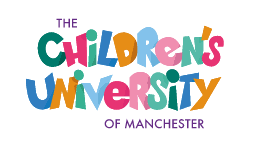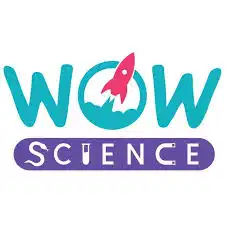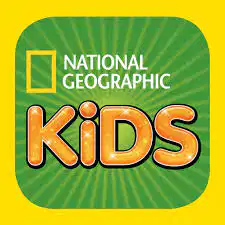Science
Intent
Science is a core curriculum area at St Francis Primary school.
At St Francis, we recognise the importance of science in every aspect of daily life. We strive to develop children’s natural curiosity, encourage respect for living organisms and the physical environment and provide opportunities for critical evaluation of evidence. We provide a science curriculum which gives all children an increased knowledge and understanding of our world, whilst developing specific skills associated with working and thinking scientifically. We place strong emphasis on the importance of practical investigative opportunities to enable our children to question and become enquiry based learners. Scientific vocabulary is taught and built upon and cross curricular opportunities are provided to embed English, mathematical and computing skills across the curriculum. At St Francis, we are committed to creating life-long learners who will be equipped with the knowledge, skills and drive to contribute positively to an ever-changing world.

Our science curriculum is a core part of our teaching at St Francis Primary school, with a priority within the timetable and is taught weekly from Reception to Year 6. It is taught discretely for a minimum of one hour per week. Curriculum content is not blocked into intensive science days or weeks.
Science has many strong links with other subjects as well as constantly reinforcing children’s basic skills. When there is a natural link between a science topic and other curriculum areas, we endeavour to work in a cross curricular manner.
Each lesson includes a working scientifically element and scientific enquiries should be question-led and (over the academic year) should include: observing over time; pattern seeking; identifying, classifying and grouping; comparative and fair testing (controlled investigations); and researching using secondary sources. These skills must be progressive and in line with the expectations for the key stage.
In EYFS, we teach science through Understanding of the World – ‘The World’ strand. We provide opportunities for children to explore through play. Practitioners follow child-initiated interests alongside planned activities such as spring planting, life cycles and senses. We teach children to recognise similarities and differences in the world around them as well use their senses to explore and investigate their surroundings.
At St Francis, we recognise that there are children of different scientific abilities in all classes and we ensure that we provide suitable learning opportunities for all children by matching the challenge of the learning tasks and activities to the needs and ability of the child. We achieve this in a variety of ways by:
- setting common tasks which are open-ended and can have a variety of responses.
- setting tasks of increasing difficulty (we do not expect all children to complete all tasks).
- grouping children carefully. Either by ability in the room and setting different tasks for each ability group or in mixed ability groups to allow peer support and coaching.
- providing resources of different complexity, matched to the ability of the child.
- using classroom assistants (where possible) to support the work of individual children or groups of children.
- children who master a concept easily are expected to deepen their understanding by completing extension activities.
- challenging the more able learners to make connections within science and use the knowledge they have in real-life situations.
The way in which science is recorded varies across the school depending on age and ability. Teachers should ensure that a range of appropriate methods are used to record learning. These may include: written accounts, instructions, reports and explanations, diagrams, drawings and pictures, annotated diagrams, spreadsheets (data collection), charts, graphs and tables, model making and photos.
Time should be taken to teach the specialist vocabulary associated with each topic.
Science progression in knowledge
Science progression in working scientifically
National Curriculum Programmes of Study for Science
Impact
Pupil Voice - I like it when we work in groups. Every group gets something different to do, then we compare. I liked it when we learned about digestion. We used Weetabix – it looked quite disgusting! There is no right or wrong answer, well there is, but sometimes it’s good to get it wrong. We learn not just the world but the universe as well and how it all works together. When we do experiments, we find out things that we never knew before. My teacher sees what we know already. We get to say how things work and tell her what we remember. I like everything about science; you always seem to learn new things. You get to learn about people’s opinions and put them together. In science, I use lots of maths. I like it when we work as a team to get stuff completed.
Nursery
Reception
Year 1
Year 2
Year 3
Year 4
Year 5
Year 6

















































































































